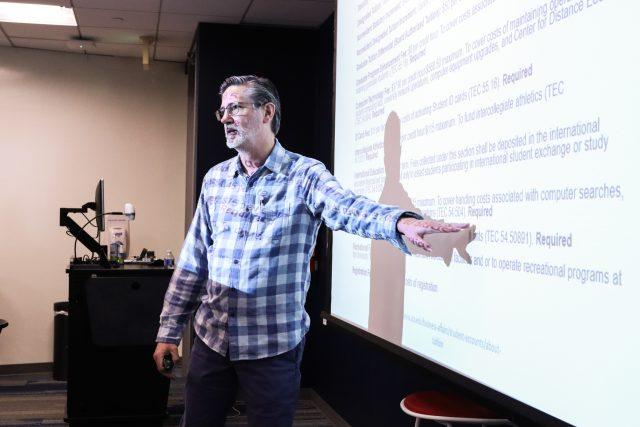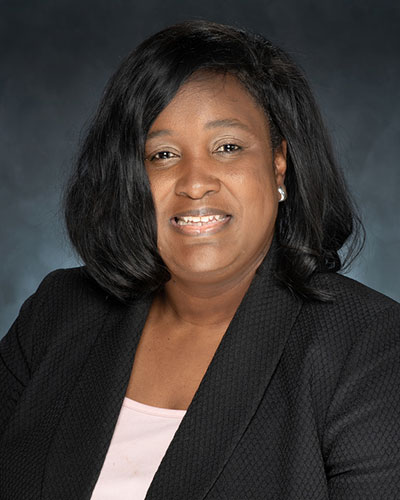HOPE SMITH
editor-in-chief
hope.smith393@my.tccd.edu
In the heart of college application season, students from both TCC and high school are starting to make decisions on their higher education future. Their biggest question: Can they afford it?
TR enrollment coach Dirk Jackson said most students don’t understand how financial aid works.
“A lot of them don’t understand how financial aid works. They just figure, ‘Once I submit my FAFSA application, once I apply, I’m ready to go,’ and that’s really not the case,” he said. “Especially when they’re planning on going to a four-year institution.”
Direct subsidized and unsubsidized loans for 2023-24 have a fixed interest rate of 5.5% for undergraduates, according to Federal Student Aid. With President Joe Biden’s loan forgiveness plan on pause and loan payments resuming, accumulating funding now might help sideline large debt in the future.
NE student Jamilet Costille said as a current college student, balancing school and financing a personal life can be hard. She said that affording everything depends on the living situation of a student and how they handle their money.
She has particularly seen this among her college friends.
“It’s a struggle trying to keep up with payments, like for their apartment, and then payments for their car insurance,” she said.
Jackson stresses that students apply for scholarships as early as possible. Since he works with high schools to encourage spreading application information, he said starting early makes a difference in affording college.
“You know, I couldn’t imagine someone who submitted scholarship applications from eighth grade all the way through their senior year, how much money they could possibly accumulate during that time,” he said.
In a presentation to students at TR campus on Oct. 12, Director of Financial Aid William McMullen explained the broken-down costs included in paying for university.
There are multiple small costs that end up accumulating to a substantial number in payments to a university, like parking, IDs, medical services and student service fees.
Most university applications also require a fee, however, McMullen said there are ways to bypass it.
“If you do certain certain activities, they’ll waive those fees,” he said. “For some of you that are Pell Grant eligible, they’ll waive those fees for you. But guess what, you have to tell them.”
It’s also important that when taking classes at TCC, Jackson said to be mindful of the classes to take. This is because too many unnecessary classes could end up using all the funding a student might have.
McMullen is a first-generation college student, and he understands the struggle of learning student financial aid for the first time by figuring it out on his own. He urges students to take advantage of the resources at TCC because he and others are there to help.
“We want to see you get your degree, we want to help you and help you find your money to help you pay for that college,” he said. “We want to be able to help you build your financial aid package so that you can afford some of these additional costs that you’re going to have.”






































